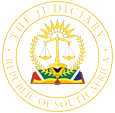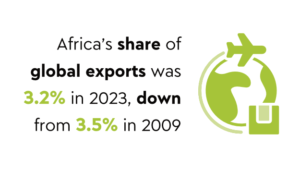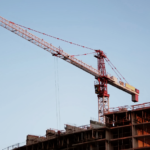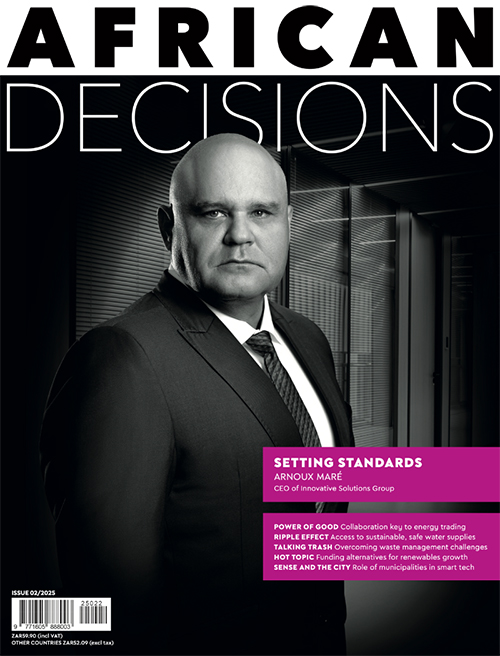Justice can only be served when citizens are exposed to and experience good practices. In this vein, South African courts have taken the lead on the continent for entrenching socio-economic rights that bridge the gap between policy and practice.
The connection between the rule of law and access to justice is intrinsically linked to inclusive development. The enhancement of judicial systems ultimately serves to protect human rights, and while no constitutional or legal act can completely eliminate poverty, crime or unemployment, for example, what they do together is provide the frameworks for functional systems necessary to ensure the expansion of sound and effective political, civil, social, cultural and economic rights.
South Africa, not unlike many of its continental counterparts, has been working for more than two decades to enhance its judiciary – one that previously included legacies of disadvantages and incapacities. However, the country now has a Constitution and Bill of Rights that Chief Justice Mogoeng Mogoeng says ‘any African country desirous of strengthening its democratic orders would find aspects of it worthy of incorporation in its own constitution’.
No matter how great, however, a constitution requires the support of a strong and expansive judiciary, and in South Africa’s case, this is played out in the Constitutional Court, Supreme Court of Appeal, the divisions of the High Court and Specialist Courts, such as the Labour and Labour Appeal Courts, Competition Appeal Court, Electoral Court and Magistrates’ Courts.
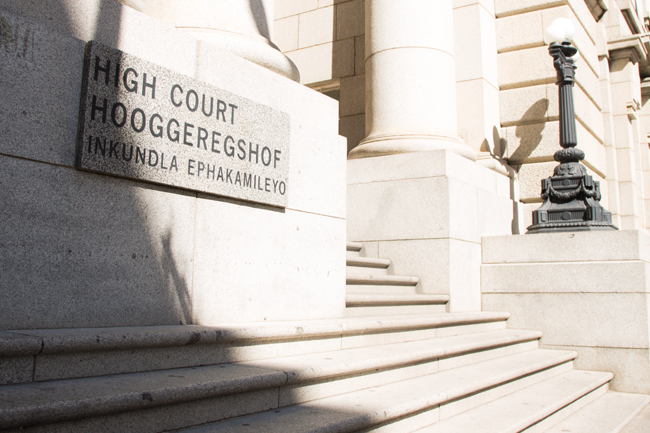
This is in addition to any other court established in terms of an act of Parliament, such as Traditional Courts, Community Courts, Small Claims Courts and Equality Courts.
Judges (other than the Chief Justice and their Deputy, the President and Deputy of the Supreme Court of Appeal – who are appointed by the president of the country) are nominated by any person or legal body following a call for nominations by the Judicial Service Commission, which is chaired by the Chief Justice.
According to Mogoeng, the shortlist is reached after a public interview process with successful candidates recommended to the head of state for appointment in superior courts. ‘Unless there is a requirement for specialisation in a particular field, the only requirement is that candidates for judicial appointment must be adequately qualified, fit and proper persons, except in the case of the Labour Court, which requires nominees to have knowledge of labour law,’ he says.
It is the judges that heed and apply the government’s directive to follow global best practices, which in turn has resulted in improved operational systems in the higher courts.
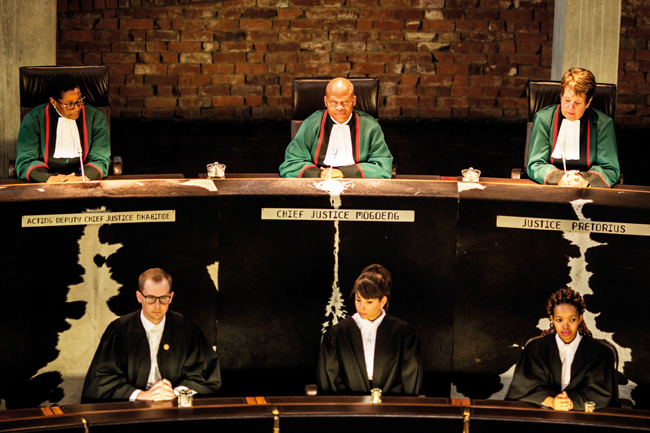
One of these addresses the length of procedures – something that South Africa had been criticised for in the past.
Mogoeng says that over the last several years judges have been empowered to take control of the process of ripening cases for hearing, the result of which is that there is no room for a case to be set down for hearing unless all preparations necessary to obviate delays have been made.
‘This system has been a resounding success elsewhere on the continent, and it is yielding admirable fruits in South Africa. Not only has case finalisation improved significantly, but the waiting period for the enrolment of cases has also been reduced.

‘We now have a system that does not allow a case to be enrolled for hearing without certification of trial readiness by the Head of Court.
‘In support, we are introducing innovations that include electronic filing and record-keeping, as well as including norms and standards with specific timelines for cases to be finalised,’ he says.
The establishment of the National Efficiency Enhancement Committee (NEEC) further brings together all stakeholders in the judicial system to deal with existing bottlenecks and identify solutions, which Mogoeng says has cascaded down to the Provincial and Regional Efficiency Enhancement Committees, both of which report to the NEEC.
In addressing other judicial hiccups, a Heads of Superior Courts meeting is held annually. In the most recent meeting, one of the focus areas was on the accountability, monitoring and reporting by the judiciary. Mogoeng says that a strategic document is also being prepared that will outline court performance targets and how to report on those.
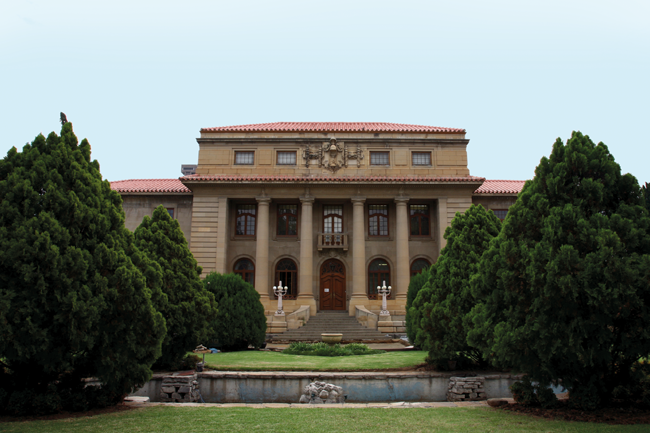
‘We have been taking stock of how our courts perform, identified problematic areas related to reserved judgments and case backlogs, and committed to adopt the best and excellent pockets of practice experienced in divisions of the High Court,’ he says.
‘Finalising our strategic plan will greatly enhance the efficiency and effectiveness of the courts by fulfilling a role that complements norms and standards. Further, the plan will facilitate greater openness, transparency and accountability, given it will be shared publicly – providing knowledge of how individual judges and magistrates carry out their duties.’
A matter of concern for the Heads of Superior Courts is the persistent problem of overcrowding in prisons. ‘This issue is exacerbated by awaiting trial inmates whose matters were enrolled prematurely and at a time when investigations where not completed,’ says Mogoeng. ‘Suspects also tend to be arrested and detained in circumstances that can be avoided.
‘Our consensus is that we have to encourage our law-enforcement agencies to desist from such practices and embrace more fully the concept of presuming innocence until proven guilty.’
The latter point can certainly be applied to the number of fraudulent Road Accident Fund cases and medical malpractice suits that make their way into courts, resulting in wrongful arrest and detention. Of this, Mogoeng says his colleagues determined that there is a need to be more vigilant than ever in scrutinising settlement amounts and filtering out fraudulent court orders.
‘Almost all these issues are included in the draft strategic plan, which will be finalised as soon as we have taken into account the views of judges in the various courts.’
Repositioning a judiciary as independent and ensuring the rule of law is respected is no easy task, nor is it a speedy one.
It goes without saying that it requires an ongoing expansion of fair and just judicial powers, a holistic approach to the rule of law, and the embrace by all in recognising that judicial operatives are agents of positive change.


